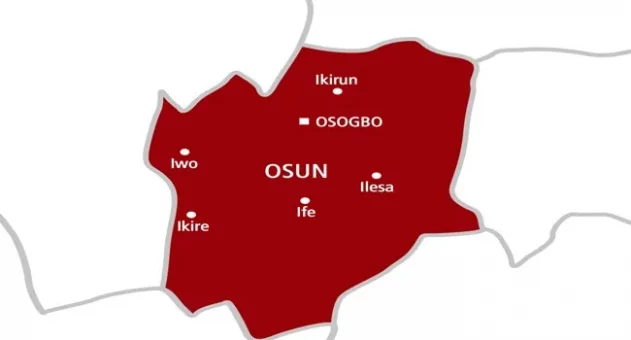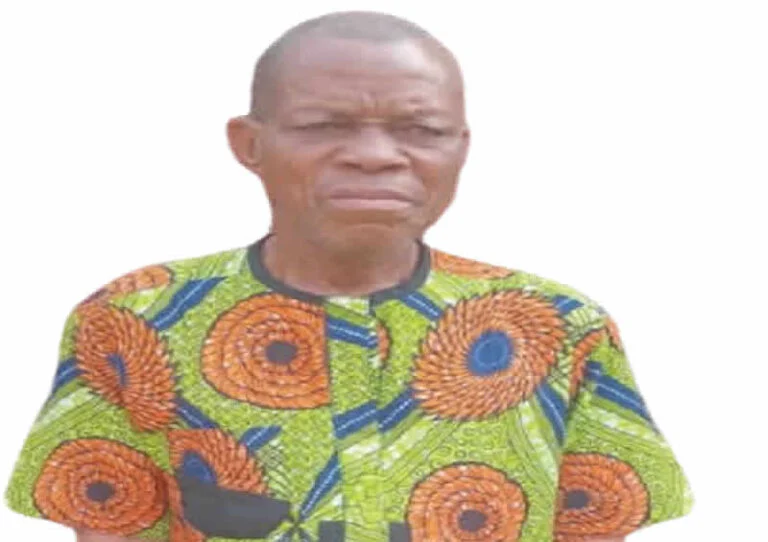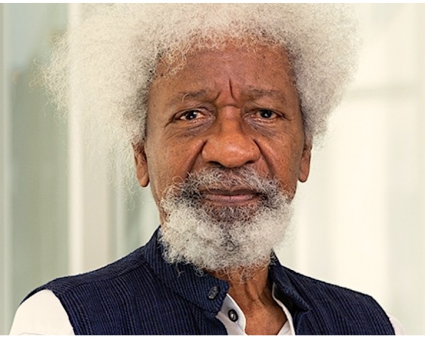Nigerian Strategist Argues Politics and Business Can Coexist with Integrity

Entrepreneur and political strategist, Solomon Ogo-oluwa Oyerinde, has urged Nigerians to abandon the long-standing notion that politicians must steer clear of business, describing it as an outdated and counterproductive mindset. According to him, politics and business are not mutually exclusive but can, in fact, complement each other when driven by integrity, accountability, and a genuine desire for service.
Oyerinde, who is the Chief Executive Officer of Global Sao Luxury Palace, a luxury lifestyle brand with interests in fashion and hospitality, and a member of the All Progressives Congress (APC), made this assertion in a recent statement addressing the intersection of enterprise and governance. He argued that the persistent suspicion surrounding politically-involved businesspersons in Nigeria has discouraged innovation and reduced opportunities for collaboration between the private and public sectors.
“The idea that a politician cannot run a legitimate business is misguided and harmful,” Oyerinde said. “What we should be concerned about are individuals who depend solely on politics for survival — those who have no trade, no profession, and no enterprise outside political structures.”
According to him, business and politics, when managed ethically, share a common goal — the creation of value. He explained that while politics is fundamentally about service delivery and creating an enabling environment for citizens to thrive, business depends on innovation, creativity, and productivity to drive economic growth. “Both are mechanisms of nation-building,” he added.
Oyerinde noted that his personal journey as an entrepreneur has shaped his understanding of leadership, accountability, and policy. Running a business, he said, has exposed him to the struggles of small and medium-sized enterprises (SMEs), including access to credit, infrastructural deficiencies, and regulatory bottlenecks — issues that can only be effectively addressed by policymakers who understand the realities of business firsthand.
He emphasized that many globally admired leaders, such as those in the United States, the United Kingdom, and parts of Asia, built their reputations not only on political achievements but also on entrepreneurial success. “Entrepreneurship teaches patience, discipline, and the ability to manage people and resources — all of which are vital qualities for political leadership,” he said.
Oyerinde expressed concern that in Nigeria, success in business is often treated with skepticism once an individual enters politics, leading to unfair assumptions about corruption or misuse of power. He called on Nigerians to differentiate between legitimate entrepreneurship and illicit enrichment through political office.
“Our public conversation needs to evolve,” he urged. “We must start celebrating politicians who are productive outside politics, who create jobs, pay taxes, and contribute to the real economy. These are the kinds of people who understand what policies mean for the average citizen.”
He further explained that the suspicion directed at businesspeople in politics often stems from historical cases of corruption and abuse of office, but insisted that this should not become a blanket judgment against all politically active entrepreneurs. “Not every wealthy politician is corrupt. Some have worked hard, built businesses from the ground up, and want to use their experience to make governance more efficient,” he said.
Highlighting the importance of economic participation, Oyerinde called for a new generation of leaders who blend enterprise with governance, arguing that such a fusion can help tackle Nigeria’s persistent unemployment and underdevelopment. “A self-sustaining politician is less likely to be corrupt because his or her livelihood does not depend solely on political office,” he stated.
He also encouraged the youth to embrace entrepreneurship even as they aspire to political leadership. “If young Nigerians can see that political involvement does not mean abandoning business but rather using it as a platform for impact, our political culture will begin to change,” Oyerinde said.
Concluding, he reiterated that Nigeria’s future progress depends on leaders who are both enterprising and service-driven. “Politics and business can and should go hand in hand,” he declared. “When guided by integrity, they can produce visionary leaders who not only serve the people but also create opportunities, build institutions, and drive sustainable development.”
Oyerinde’s position reflects a growing advocacy among young Nigerian entrepreneurs who believe that private sector experience can enhance governance by infusing practicality, efficiency, and accountability into public service — a model increasingly evident in emerging democracies across the world.









